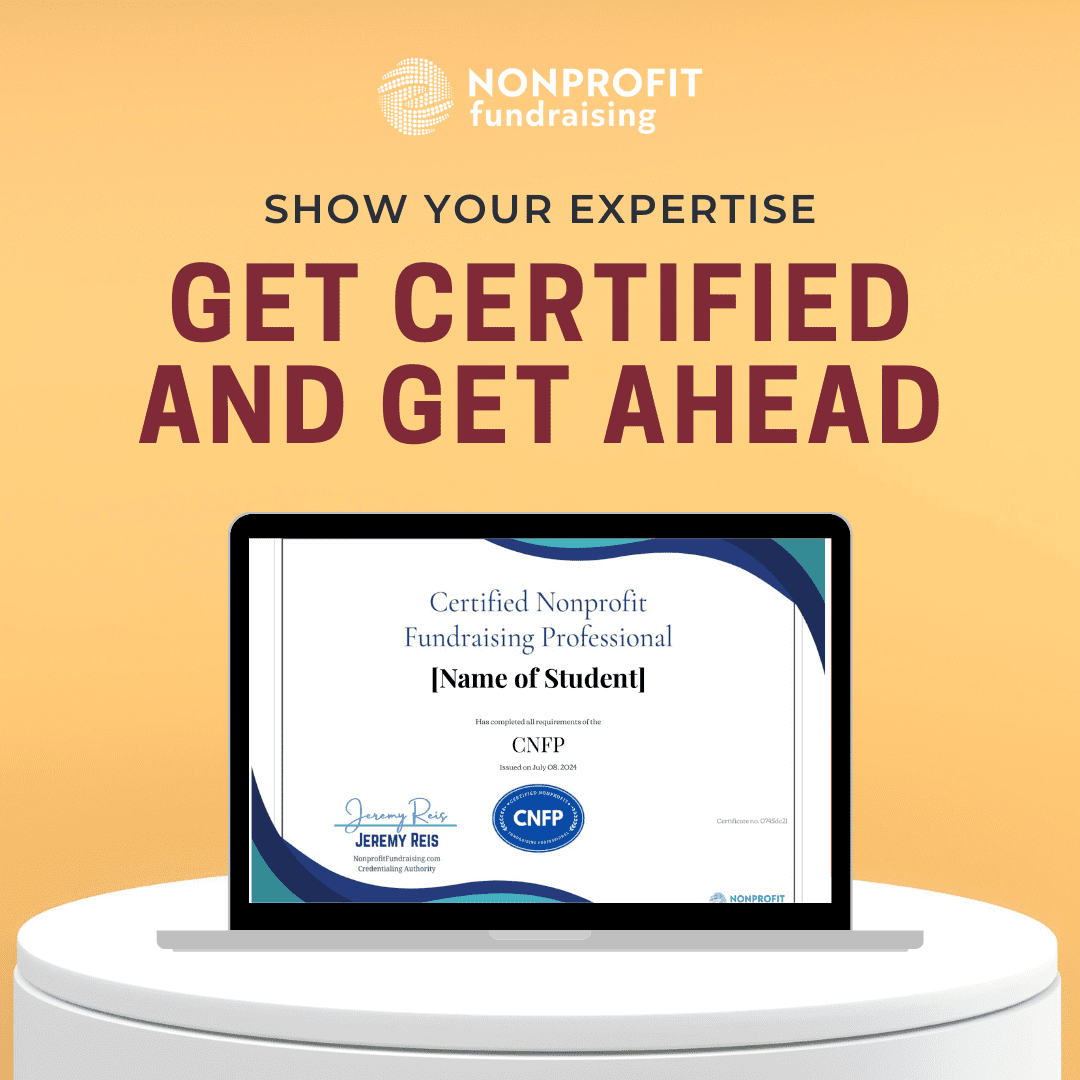In 2024, we will need to do more with less. Few organizations are going to be on a hiring spree, so how do we get the most out of our marketing and fundraising efforts?
Marketing automation.
In this environment, the ability to efficiently manage campaigns, personalize interactions, and maximize donor engagement is not just beneficial – it’s essential. Marketing automation stands out as a key tool, providing a range of solutions to streamline operations, tailor communications, and analyze campaign results effectively.
Table of Contents
Marketing automation refers to the use of software and technology to automate, streamline, and measure marketing tasks and workflows, increasing operational efficiency and growing revenue faster. In the context of nonprofits, marketing automation becomes a powerful tool, not just for saving time and resources, but also for fostering deeper, more meaningful relationships with donors, volunteers, and supporters.
Nonprofits typically use marketing automation to handle repetitive tasks such as email marketing, social media posting, and other website actions. The technology enables organizations to send out automated, yet personalized, messages to different segments of their audience. This level of personalization is critical in a landscape where donors expect communications to be tailored to their interests, giving history, and engagement with the organization.
Beyond sending out mass emails, marketing automation tools can track the engagement of recipients, allowing nonprofits to see who opened an email, clicked on links, or took specific actions. This data is invaluable. It provides insights into donor behavior, helping nonprofits refine their messaging, segment their audience more effectively, and send targeted communications that are likely to resonate and elicit a response.
Marketing automation can play a pivotal role in donor retention and engagement strategies. It can automate the process of sending out thank you emails, birthday wishes, or anniversary messages acknowledging the duration of a donor’s support. These gestures, though automated, can feel personal and genuine, helping to strengthen the relationship between the donor and the organization.
For fundraising, marketing automation can be used to create and manage campaigns more efficiently. For instance, a nonprofit can set up a drip email campaign for a fundraising event, automating the process of sending out reminders, updates, and thank you messages. This not only ensures consistent communication but also frees up staff to focus on other crucial aspects of the event.
Marketing automation is a multifaceted tool that, when used effectively, can transform the marketing efforts of a nonprofit. It allows for more personalized, efficient, and strategic communication, ensuring that the right message reaches the right person at the right time. As nonprofits continue to navigate the digital landscape, the role of marketing automation is set to become more integral, driving engagement, supporting fundraising efforts, and ultimately, helping organizations to fulfill their mission more effectively.
How Does Your Nonprofit Use Marketing Automation?
Nonprofits can harness the power of marketing automation in various ways to streamline their operations, enhance donor engagement, and ultimately, drive their fundraising efforts. By implementing marketing automation effectively, nonprofits can not only save time but also create more impactful, personalized communication strategies.
Automating Routine Communications
One of the primary uses of marketing automation in nonprofits is to automate routine communications. This includes sending out welcome emails to new subscribers, thank you messages to donors, and regular newsletters to keep the community informed and engaged. By automating these communications, nonprofits ensure that no interaction is overlooked and that every supporter feels acknowledged and valued. Furthermore, automation allows for personalization at scale, enabling organizations to tailor messages based on the recipient’s past interactions, preferences, and engagement level.
Segmenting Audiences for Targeted Campaigns
Marketing automation tools provide robust features for audience segmentation. Nonprofits can categorize their supporters based on various criteria, such as donation history, event participation, or engagement with past campaigns. By segmenting their audience, organizations can create more targeted and relevant campaigns. For instance, a nonprofit can send different versions of a fundraising appeal to recurring donors, one-time donors, and prospects, each version tailored to the specific group’s history and relationship with the organization.
Tracking Donor Engagement and Behavior
Marketing automation platforms offer analytics and tracking capabilities that allow nonprofits to monitor the performance of their campaigns and understand donor behavior. Organizations can track metrics such as open rates, click-through rates, and conversion rates to gauge the effectiveness of their emails and other marketing efforts. This data is invaluable for optimizing campaigns, understanding what resonates with the audience, and refining future communications to maximize engagement and donations.
Nurturing Donor Relationships
Nonprofits can use marketing automation to nurture their relationships with donors over time. By setting up automated email sequences, organizations can keep donors informed about how their contributions are being used, share success stories, and offer opportunities for further involvement. This consistent, thoughtful communication helps to build trust, foster loyalty, and encourage recurring donations.
Streamlining Event Management
Marketing automation can significantly streamline the management of events, a crucial aspect of fundraising for many nonprofits. From sending out invitations and registration links to following up with attendees post-event, automation ensures that every step of the event is executed smoothly and efficiently. It also enables organizations to send targeted communications based on attendees’ interactions during the event, enhancing the overall experience and deepening their engagement with the cause.
Marketing automation offers a multitude of benefits for nonprofits, from automating routine tasks and personalizing communications to tracking engagement and streamlining event management. By leveraging these tools effectively, organizations can not only enhance their operational efficiency but also create deeper, more meaningful connections with their supporters. As the digital landscape continues to evolve, the strategic use of marketing automation will be increasingly critical for nonprofits looking to maximize their impact and advance their mission.

